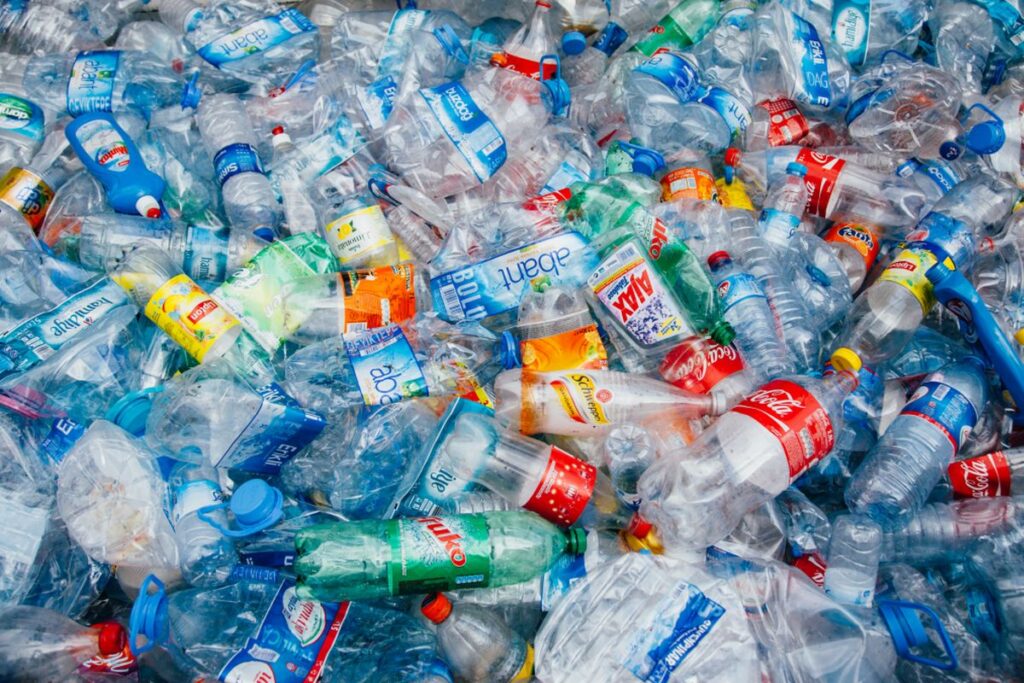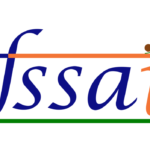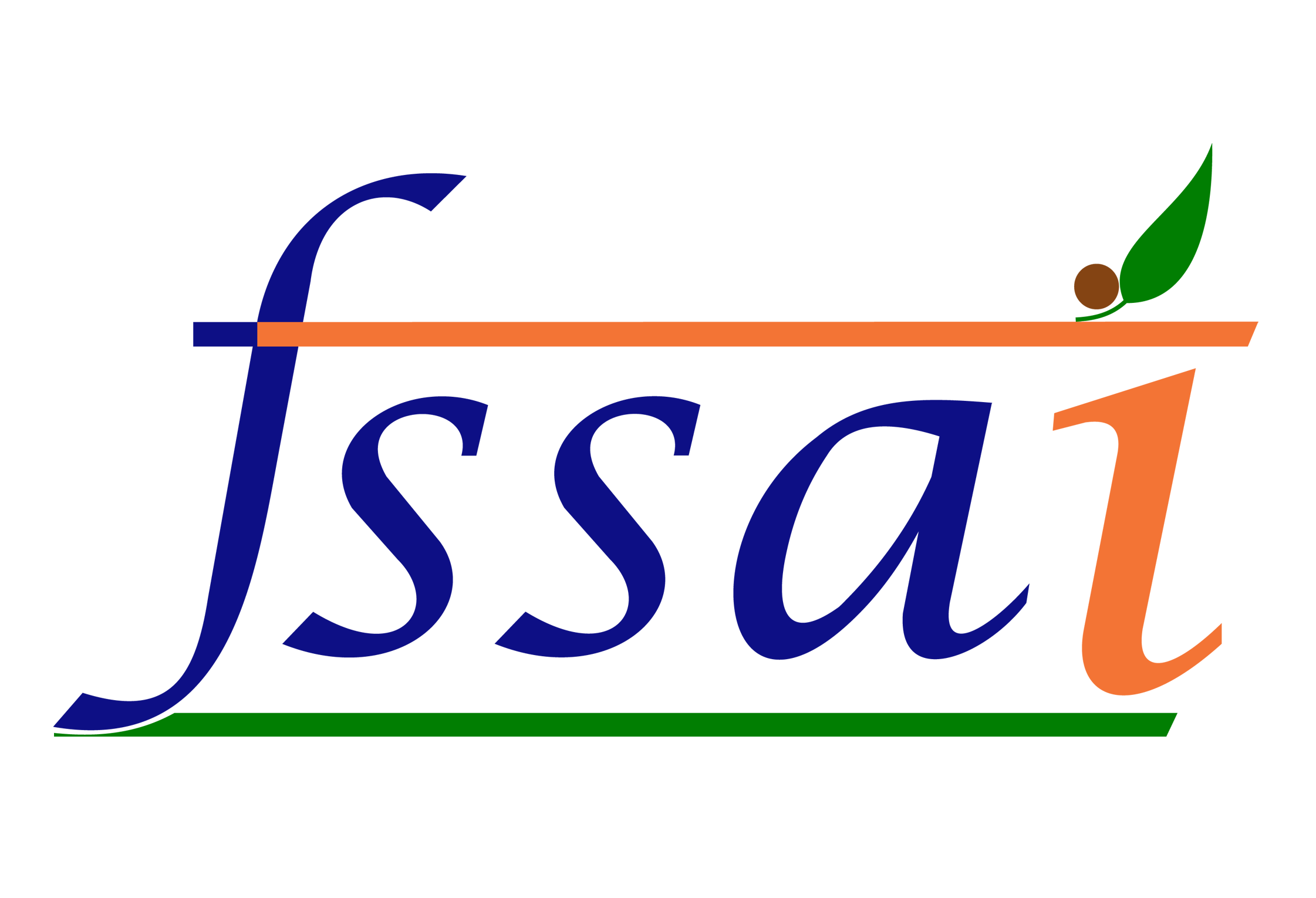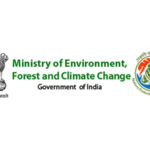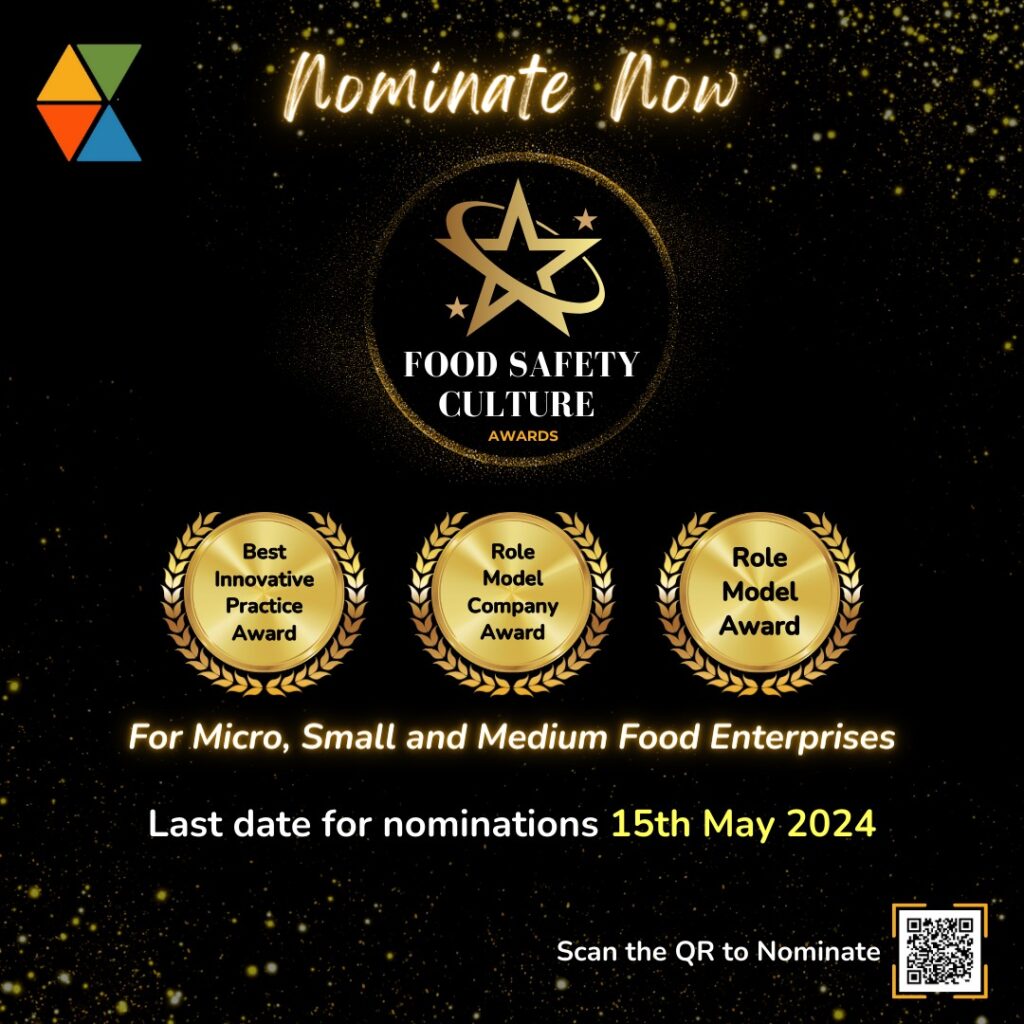The use of recycled plastic was prohibited for food contact applications in the Plastic Waste Management Rules, 2016 but recently, the Food Safety and Standards Authority of India (FSSAI) has issued a direction regarding the operationalization of Draft FSS (Packaging) Amendment Regulations, 2022, which permits the use of recycled plastics as food packaging.
According to FSS (Packaging) Regulations, 2018, all products made of recycled plastics including carry bags were prohibited for use in contact with food. This scenario changed on 17th September 2021, when the Ministry of Environment, Forest, and Climate Change, published a Gazette notification Plastic Waste Management (Second Amendment) Rules, 2021. According to which, carry bags made of recycled plastic or products made of recycled plastic was allowed for storing, carrying, dispensing, or packaging ready to eat or drink food items. As a result of this FSSAI published a draft amendment regulation on the same. Its final notification is likely to take more time. Therefore, to allow the FBOs to use recycled plastics as food contact materials, FSSAI has decided to operationalize the provision of FSS (Packaging) Amendment Regulations, 2022 with immediate effect.
If you are a food manufacturer who wants to use recycled plastic as food packaging, then you should ensure that FG rPET (Food Grade Recycled PET) confirms the food safety regulatory requirements for virgin PET and the sensory analysis of the product should be conducted in accordance with ISO 13302. Also, ensure that the packaging material manufacturer is following the below-mentioned processes and not just the conventional recycling process. The manufacturer should have approval from FSSAI and the list of such approved recyclers will be displayed on the FSSAI website.
The Food Authority has also provided the approved guidelines for recycling post-consumer PET for food contact applications and acceptance criteria for recycled PET resin for food contact applications. These guidelines are specific for PET— Polyethylene Terephthalate, Virgin PET (vPET), Post-Consumer PET, PET Flakes, Recycled PET (rPET), Food-Grade Recycled PET (FG rPET).
The authority has clarified that a conventional recycling process that has no decontamination process and involves only mechanical recycling of PET flakes that are washed, melted, extruded, and pelletized without a process step to remove contaminants should not be used for manufacturing food contact materials. FSSAI has also provided a list of methods to recycle plastic meant for food contact:
- Super-Clean Recycling Process, which is a Conventional Recycling Process enhanced with an integrated decontamination step through a combination of surface treatment, high heat, and/or high vacuum in a controlled environment.
- Melt-in Recycling Process, which is a virgin PET (v PET) production operation enhanced with the ability to incorporate PET Flakes in the molten form which is decontaminated through a combination of high heat and high vacuum.
- Paste-in Recycling Process, the ability to incorporate PET Flakes in the paste form via partial glycolysis and equipped with an integrated system of removing adsorbed contaminants via chemical distillation, vacuum degassing
- Enhanced Chemical Recycling Process: It is a chemical reaction operation of pyrolysis or fully depolymerizing PET flakes into purified ethylene glycol and terephthalic acid (or dimethyl terephthalate), or bis(2-hydroxy ethyl terephthalate)
How are the products tested?
When it comes to packaging material testing, we are all familiar with the Migration test, which is a quantitative analysis of the substances migrating from the PET containers into the beverage or food simulants. Apart from this FSSAI also wants the manufacturers to conduct two other tests:
Challenge Test: It is a validation test in which virgin PET is exposed to a mixture of surrogate chemicals of different molecular weights and polarities at exaggerated levels, processed through the entire recycling process, and analyzed quantitatively for the residual concentrations.
Extraction Test: It is a quantitative analysis of the substances present in the PET (virgin, rPET, or FG rPET) in any form.
What documentation is required?
The business operator should issue a Declaration of Compliance stating how the product offered for sale is compliant with an established and/or applicable food contact regulatory standard. Along with this, they should also submit an opinion letter issued by a recognized, competent authority (EU/USFDA) addressing the capability of a given process or operation to recycle PET Flakes into Food-Grade rPET based on an accepted regulatory threshold protective of public health. The operator should provide
What is the Registration and authorization process?
The operator of the recycling process or manufacturer of FG rPET should register with FSSAI as per the ‘Performa’. The applicant who wishes to manufacture Food Contact Materials (FCM) from recycled materials would apply to the Food Authority with the filled performa by paying a fee of Rs 2000/. The applications received will be scrutinized by the authority within 30 days of the receipt of the application and will provide feedback or recommendation to the manufacturer. Upon approval, the manufacturer will be issued an authorization letter. The list of recyclers authorized will be hosted on the FSSAI website.

Meera V. is a Food Technologist and goes to quite an extent to tell the food businesses what they can do to improve food safety and hygiene. She is a Senior Associate Consultant at Food Safety Works and regularly audits food businesses to check on their compliance and also plays a crucial role in the regulatory and compliance team.

